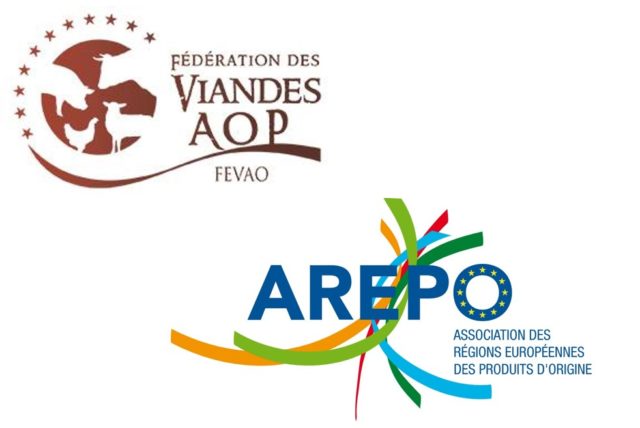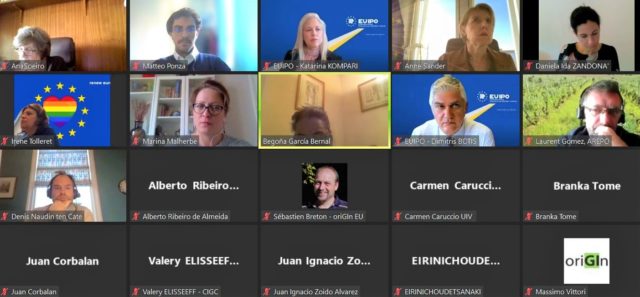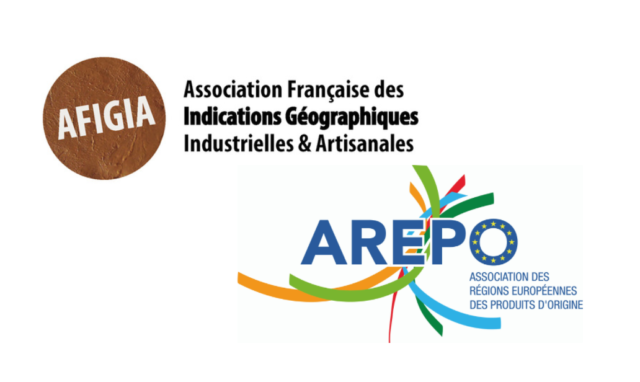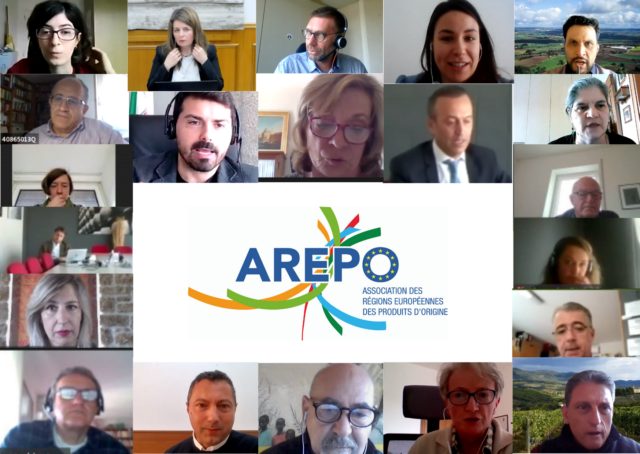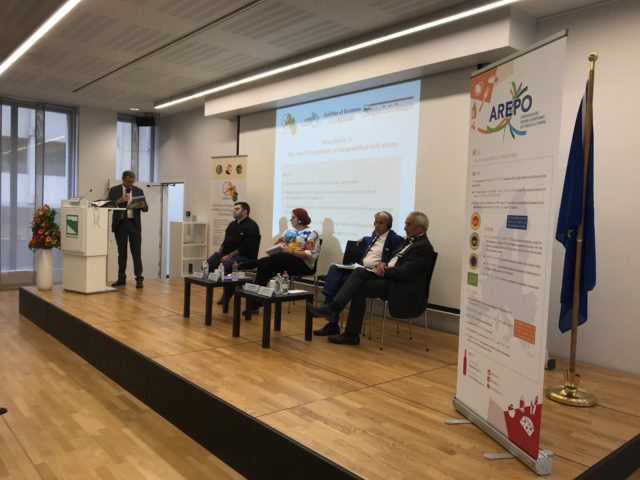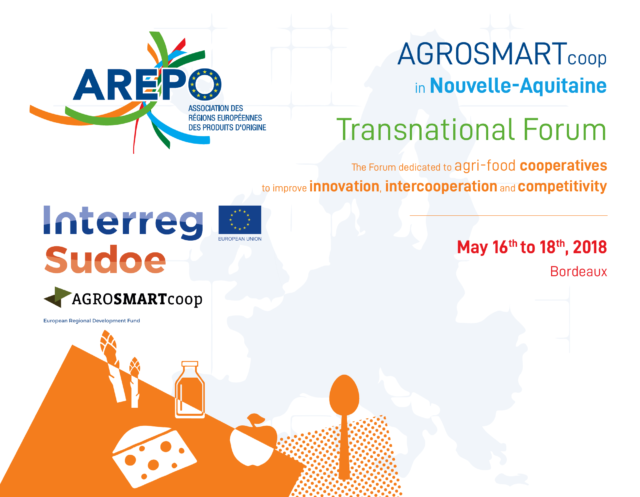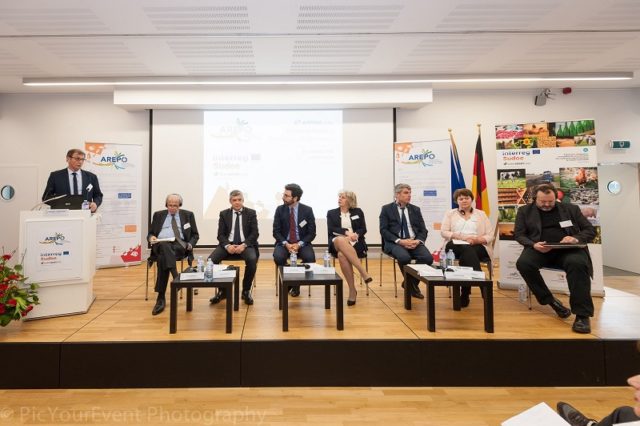On the occasion of AREPO’s general assembly in Bologna, Emilia-Romagna, in October 2012, President Tiberio Rabboni suggested AREPO’s member regions to work on an administrative and technical integration with AREFLH. AREFLH is a network the structure of which is similar to AREPO’s and several regions are members of both associations. The general assembly approved such proposal. The objective is to share the technical resources of the networks in order to maintain their work and lobbying capacities, but also to reduce the functioning costs of the networks in these difficult economic times. The idea is to “do better with less or the same level of resources”. AREFLH’s President, Fabrice Verdier, agreed on this vision and presented it to his own board of directors in December 2012 in Paris. Such proposal was approved. Today, in Nantes, Pays de la Loire, and in the presence of AREPO’s representatives (who represented President Tiberio Rabboni), AREFLH’s general assembly confirmed its intention to work on a common administrative structure. Such structure will have to respect the political organization of both networks, which will keep their own governance, as well as the excellent work of the producers’ representatives. The idea is to go towards a federation, instead of a merger of the two networks. After giving his support to such project, President Verdier passed AREFLH’s presidency to the Minister of Agriculture of Cataluña, Josep Maria Pelegri i Aixut, unanimously elected. In his inaugural speech he stressed: “we need to be more effective, more professional, more in favour of our territories. Why are we talking today about a cooperation with AREPO? Because of the crisis! Together, if we go in the same direction, we will deliver better results, we need to get more European funding”. Concerning his mandate with AREFLH, he added: “The solution to the crisis must be sought in Europe, in our regions, but also among the producers. We need to achieve concrete results. It must be part of our know-how. If politics are not made by us, they will be made by somebody else instead. Well, let’s do it ourselves!”.


